Micro CT now available at CAMI


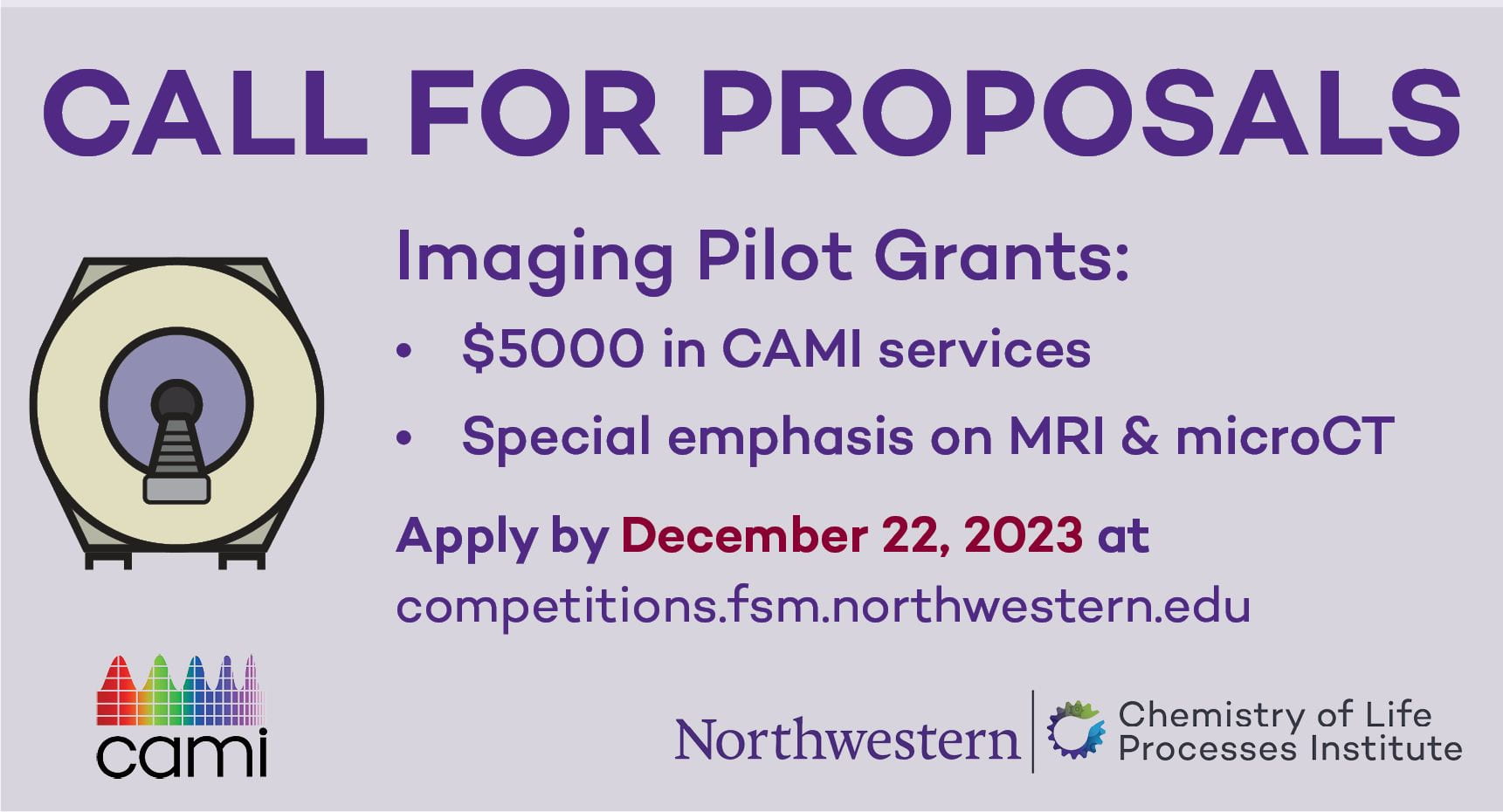

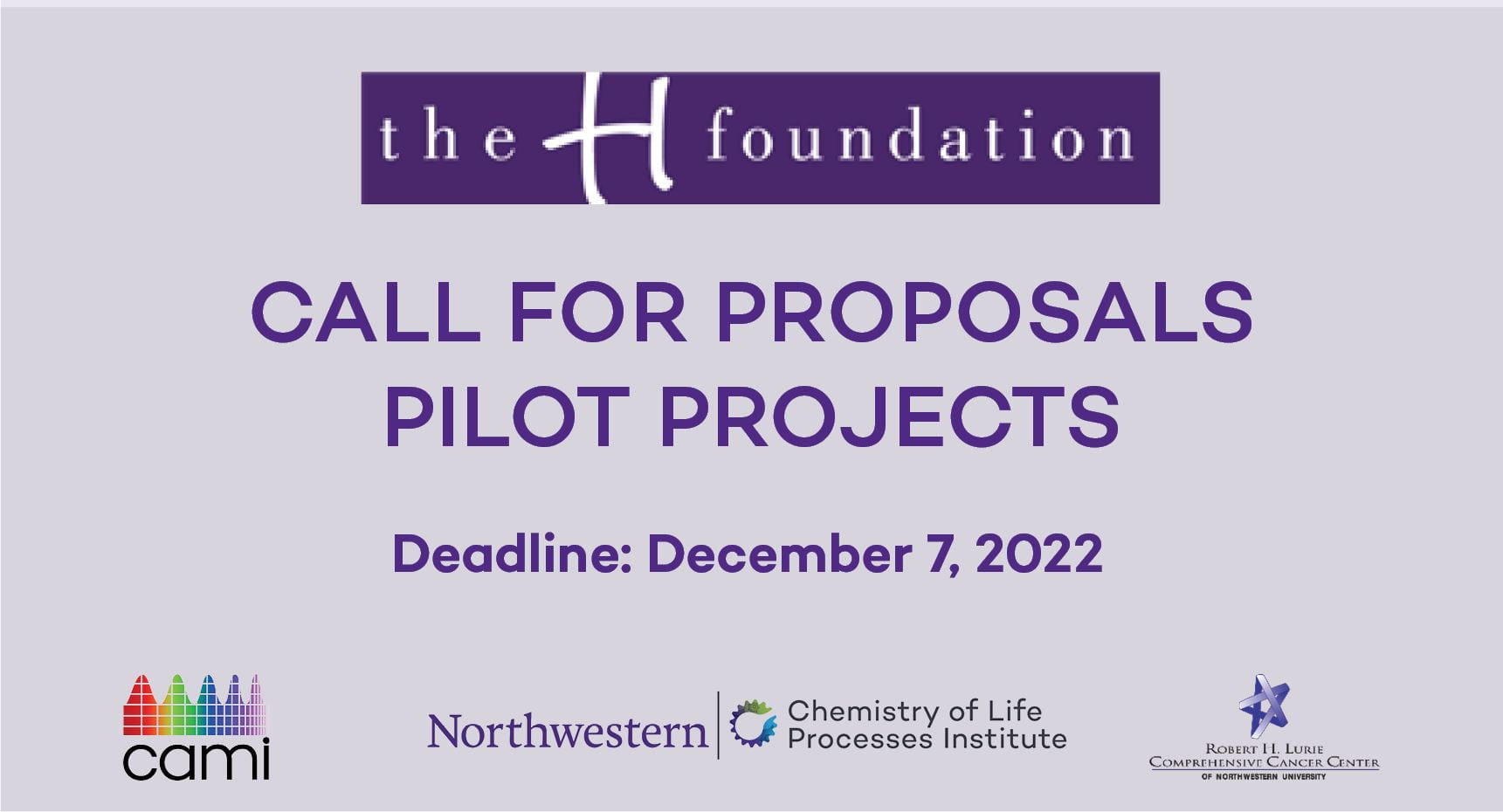
Through the generous support of the H Foundation, Lurie Cancer Center (LCC) Members can apply for up to $10,000 to utilize any of the LCC supported Cores to drive research forward. Applicants must be using the chosen core for the first time or must not have used the core within the last year. The purpose of this RFA is to increase core usage by LCC members. Projects initiated with these awards should provide preliminary results for grant applications to external funding agencies for more long-term projects, such as NIH R21, R01 or larger grants. Application details are below.
Detailed information on CAMI equipment is available at https://cami.northwestern.edu/imaging-techniques/.
Applications will be submitted through the portal at https://competitions.fsm.northwestern.edu/grants/Cores. For questions and further information, please contact Jodi Johnson, PhD, Basic Research Program Coordinator at the Lurie Cancer Center, at jodi-johnson@northwestern.edu.
The deadline for applications is December 7, 2022.
Before preparing an application, discuss project suitability and feasibility with facility staff by contacting the applicable core facilities, and make a statement in the application including the date of the consultation and name of the person with whom you spoke.
Proposals should be written in typeface no smaller than Arial 11 point, with 1-inch margins and should include the following sections:
DO NOT SUBMIT A BUDGET.
Applications will be evaluated based on:
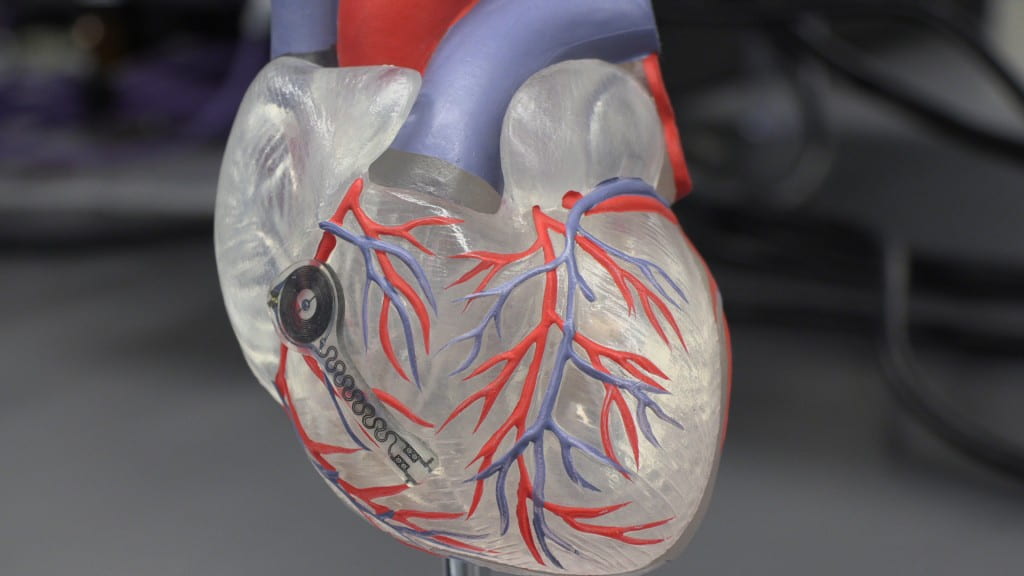
CAMI collaborator Prof. John Rogers’ work on a transiently activated, bioresorbable pacemaker was recently published in the journal Science. Read the highlights in Northwestern Now.
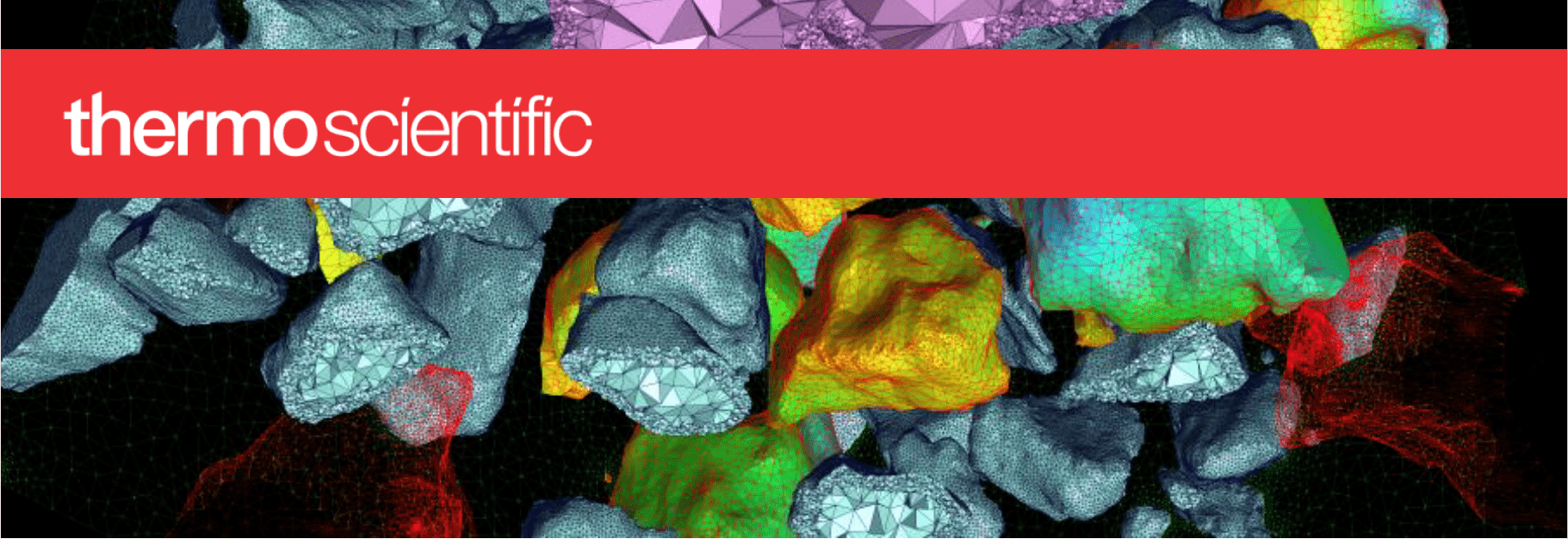
Join CAMI and engineers from Thermo Fisher to learn about image analysis using Amira.
Registration link: https://forms.office.com/r/W4NGKFSsaK
Software Applications:
Agenda:
Location:
WebEx Event Webinar
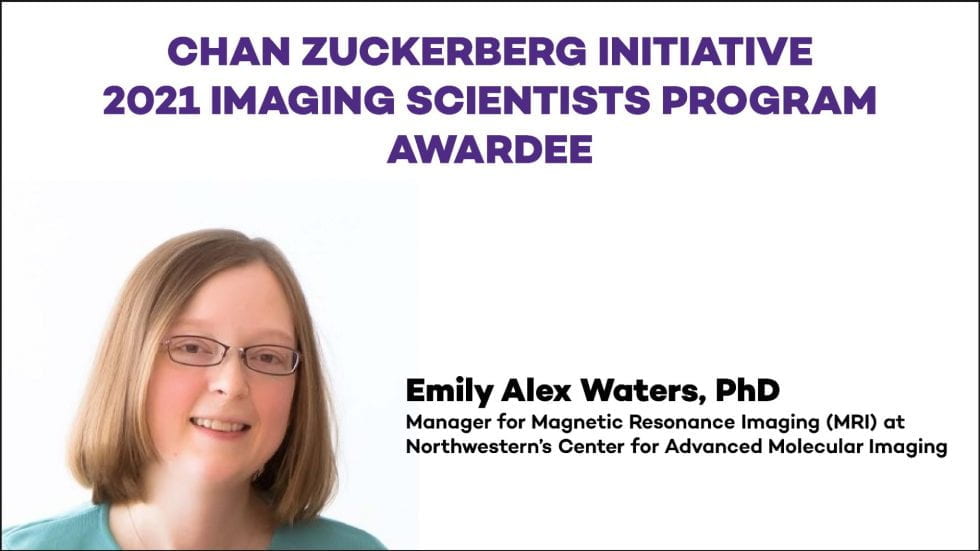
Emily Alex Waters, PhD, Manager for Magnetic Resonance Imaging (MRI) at Northwestern University’s Center for Advanced Molecular Imaging (CAMI), a Chemistry of Life Processes Institute-affiliated facility, was awarded a Chan Zuckerberg Initiative (CZI) Imaging Scientists grant. The award provides three years of funding for salary and professional development and can be renewed for two more years.
“Our goal is to support the advancement of imaging technologies and provide access to and training on these state-of-the-art tools so that researchers can drive towards discoveries,” said CZI Imaging Program Officer Stephani Otte. “By collaborating closely with the imaging community and providing both funding and expertise in technology development, we hope to help make the next breakthroughs in imaging possible.”
Waters will use these funds to develop new imaging protocols, methods, pilot studies and projects and expand outreach to individual investigators.
“The CZI grant expands opportunities for awardees to be more innovative and collaborative, because it supports development of imaging and analysis tools that can be used by the core to support a variety of projects, without having to worry about exactly which project to bill it to,” says Waters. An expert in molecular imaging and preclinical cardiac imaging, Waters received her undergraduate degree in Applied Mathematics from Harvard University, earned her PhD in Biomedical Engineering from Washington University in St. Louis, and began at Northwestern as a postdoctoral fellow in Professor Thomas Meade’s lab in 2008.
Waters supports CAMI users across disciplines in the design and implementation of preclinical imaging studies. CAMI provides a wide range of imaging instruments and customized, non-invasive approaches for projects that involve disease models, therapeutics, novel contrast agents, or implantable devices. For example, Waters is generating MRI methods to measure tissue damage in a preclinical model of muscular dystrophy and to measure the effects of a novel therapeutic developed in the lab of Northwestern’s Elizabeth McNally.
“We’re trying to develop just the right imaging protocols to quantify this damage and develop more sophisticated and quantitative analysis protocols,” says Waters. “We are trying to move beyond simplistic metrics like averaging, and really getting into the math behind it and pulling out additional parameters that are more informative. The goal is to get a more nuanced and comprehensive view of the same dataset. These techniques and goals fall under the umbrella of radiomics.”
Through CAMI, investigators also can measure a process over time.
“With MRI, not only can we see the structure of the heart, but we can measure how effectively it’s pumping.” says Waters. “We have been working with researchers who are developing a patch that can be applied to the site of a heart attack, in an effort to improve the recovery of the heart over time. This is an example of a process that can be measured using imaging, that you couldn’t do any other way.”
The CZI fellowship will allow Waters to devote more time to education and outreach. In addition to imaging protocols and analysis methods, she plans to develop accessible, application-focused educational materials to introduce biologists to preclinical imaging.
“We’re here to support researchers in any way we can,” says Waters. “If you have a research question, we can help you design the study, turn it into a grant proposal, acquire data, analyze and interpret it, and write it up.”
Waters looks forward to increasing awareness of the benefits of imaging.
“Sometimes people feel that imaging isn’t a good fit for their research because they don’t have prior experience, or don’t know how to get started,” says Waters. “Our job is to listen to their needs and map out an imaging project that can take their research to the next level. I’m excited about supporting more researchers in developing new imaging studies they might not have developed otherwise, and helping CAMI expand its reach across Northwestern and beyond.”
Founded by Dr. Priscilla Chan and Mark Zuckerberg in 2015, the Chan Zuckerberg Initiative (CZI) is a new kind of philanthropy that’s leveraging technology to help solve some of the world’s toughest challenges — from eradicating disease, to improving education, to reforming the criminal justice system. Across three core Initiative focus areas of Science, Education, and Justice & Opportunity, we’re pairing engineering with grant-making, impact investing, and policy and advocacy work to help build an inclusive, just and healthy future for everyone. For more information, please visit www.chanzuckerberg.com.
Center for Advanced Molecular Imaging (CAMI), a Chemistry of Life Processes Institute-affiliated core, offers state-of-the-art in vivo imaging modalities that enable basic science researchers and clinicians to develop new tools to image disease states of cells and small animals and their responses to treatment. Imaging modalities offered include: 7T and 9T MRI, IVIS Spectrum, micro SPECT-CT, and micro PET-CT. CAMI’s one-stop imaging suite serves more than 45 interdisciplinary investigators across both Northwestern campuses.
Chemistry of Life Processes Institute at Northwestern University is where new cures and biomedical discoveries begin. The Institute’s 65+ faculty represent more than 20 University departments that span the schools of arts and sciences, engineering and medicine. CLP provides comprehensive support for high-impact team science through four research centers of excellence, seed grants for collaborative science, expert project support, and eight world-class research resources for innovation and translation.
by Lisa La Vallee

Presented by Kah-Whye Peng, PhD, Chief Operations Officer of Imanis Life Sciences, on Tuesday, May 15th at 2:00PM in Silverman Hall 3510. Reporter gene imaging is used extensively in research but the resolution and sensitivity of cell detection could be improved. Dr. Peng will discuss recent efforts by Imanis to develop the next generation of reporter genes for noninvasive imaging, focusing on how they are using the NIS reporter gene technology to accelerate development of virus, gene and cellular therapies for clinical testing.
The Center for Advanced Molecular Imaging (CAMI) is offering pilot project funding for up to 10 projects/year during each of the next three years to researchers with nascent imaging projects that will benefit from CAMI expertise in imaging method development and refinement. Selected projects will be funded for a period of one year and up to $5,000 of direct costs for imaging studies performed in CAMI. For details, refer to this flyer.
on today’s publication of their manuscript “Sulfated glycopeptide nanostructures for multipotent protein activation” in Nature Nanotechnology. The study reports on a new nanomaterial for bone regeneration, and was highlighted in Northwestern News. Portions of the micro CT work and data analysis were performed in CAMI.
The Center for Advanced Molecular Imaging is pleased to introduce a new “set it and forget it” rate of $80/hour for MRI of samples that require long scans, but relatively little setup time. Users no longer need to schedule these samples late in the day to take advantage of after-hours rates. This will improve scheduling flexibility and allow users to request MRI of in vitro samples more frequently and at more convenient times, while keeping imaging costs low. Contact Alex Waters (EAlexWaters (at) northwestern.edu) or cami (at) northwestern.edu for more information or to schedule a study.